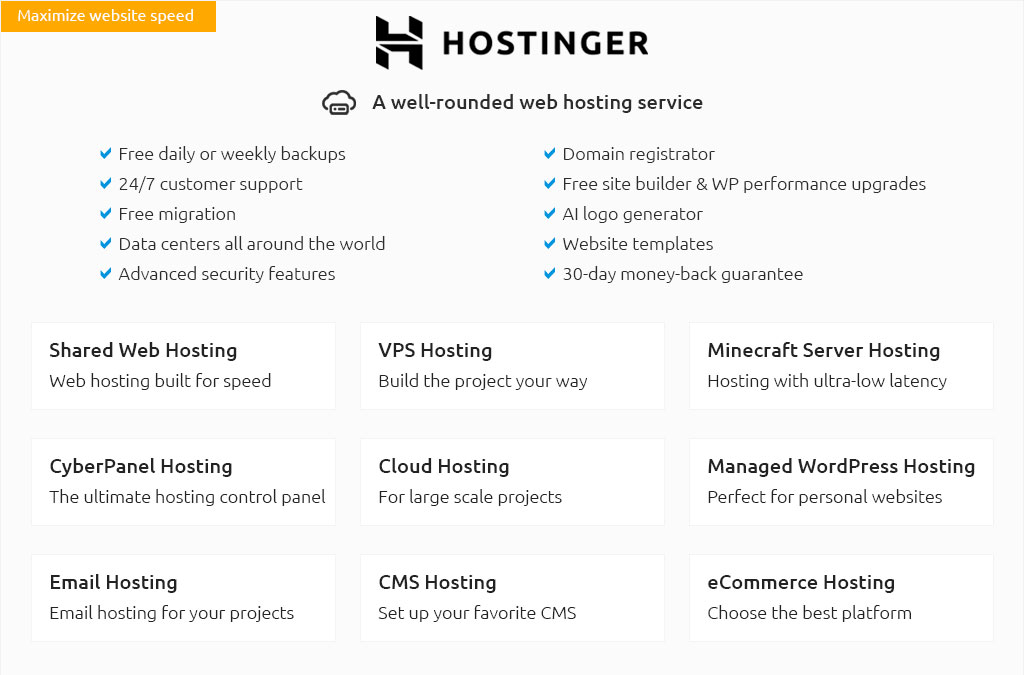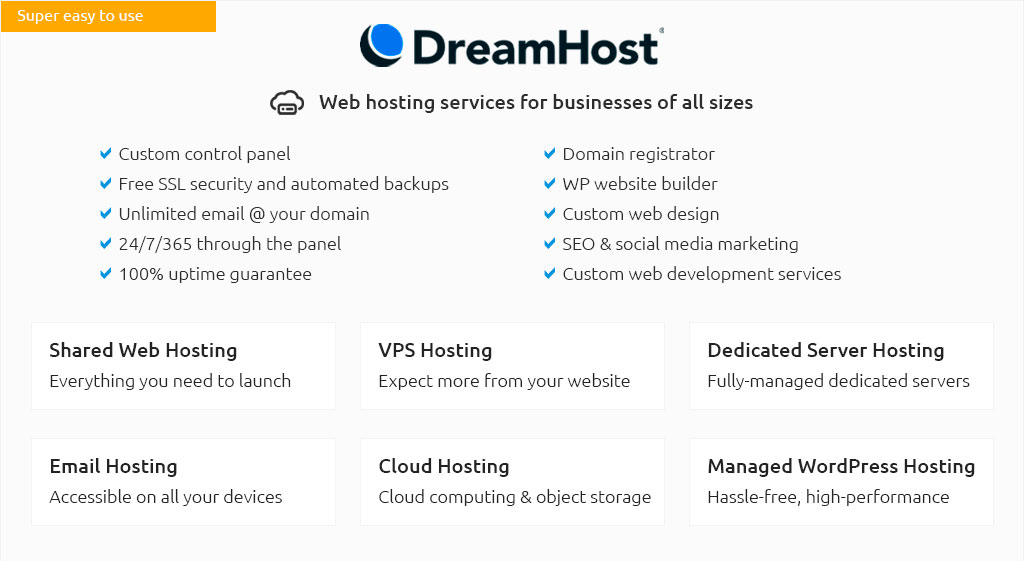 |
|||
 |
 |
 |
|
 |
|
 |
 |
 |
|||
 |
|||
 |
|||
 |
|||
 |
|||
 |
|||
 |
 |
The Best Host for Websites: A Comprehensive GuideChoosing the right web hosting provider is crucial for the success of your online presence. With numerous options available, understanding the differences can help you make an informed decision. Here, we delve into what makes the best host for websites, weighing the pros and cons of popular choices. Key Features to ConsiderPerformance and UptimePerformance is paramount. A reliable web host should guarantee high uptime, ideally 99.9% or above, ensuring your website is always accessible.
Customer SupportExcellent customer support can save you a lot of headaches. Look for 24/7 availability via multiple channels such as chat, email, and phone. For more insights, explore options for wordpress and email hosting which often come with dedicated support for CMS-related issues. Types of Web HostingShared HostingAn affordable option where multiple websites share the same server resources. Ideal for small to medium-sized sites.
VPS HostingVirtual Private Server hosting offers a middle ground, providing more resources and greater control.
Dedicated HostingFor large businesses, dedicated hosting offers exclusive use of a server, ensuring top performance.
Pricing ConsiderationsWhen budgeting, consider both the initial costs and potential renewal rates. Some providers offer attractive initial discounts that increase significantly after the first term. It's wise to compare cheap web hosting services to find the best balance between cost and features. FAQWhat is the difference between shared and VPS hosting?Shared hosting involves multiple websites on a single server, sharing resources. VPS hosting offers a virtual private space with dedicated resources, providing better performance and flexibility. Why is uptime important for web hosting?Uptime refers to the amount of time your website is accessible online. High uptime ensures that your website is available to users, reducing potential loss of traffic and revenue. How can I evaluate the speed of a web host?You can evaluate a web host's speed by checking their server response times and load times using tools like GTmetrix or Pingdom, and by reading user reviews and performance benchmarks. https://www.reddit.com/r/EverythingWeb/comments/10hm7pq/best_hosting_reddit_guide_to_picking_the_best_web/
Some really good web hosts now for wordpress (and other types of websites) include A2 hosting, bluehost, Siteground, and green geeks. https://www.quora.com/What-is-the-best-web-hosting-company-this-year
Hostnoc - Namecheap - AccuWeb Hosting - HostPapa - Bluehost - Siteground - Hostgator - Green Geeks; Silk Host; Hawk Host. I highly recommend ... https://www.quora.com/What-web-hosting-service-is-the-most-reliable
HostGator Best for Lean/Minimal Needs. - A2 Hosting Fast & Reliable Shared Hosting. - GreenGeeks Best Eco-Friendly Hosting. - WP Engine ...
|